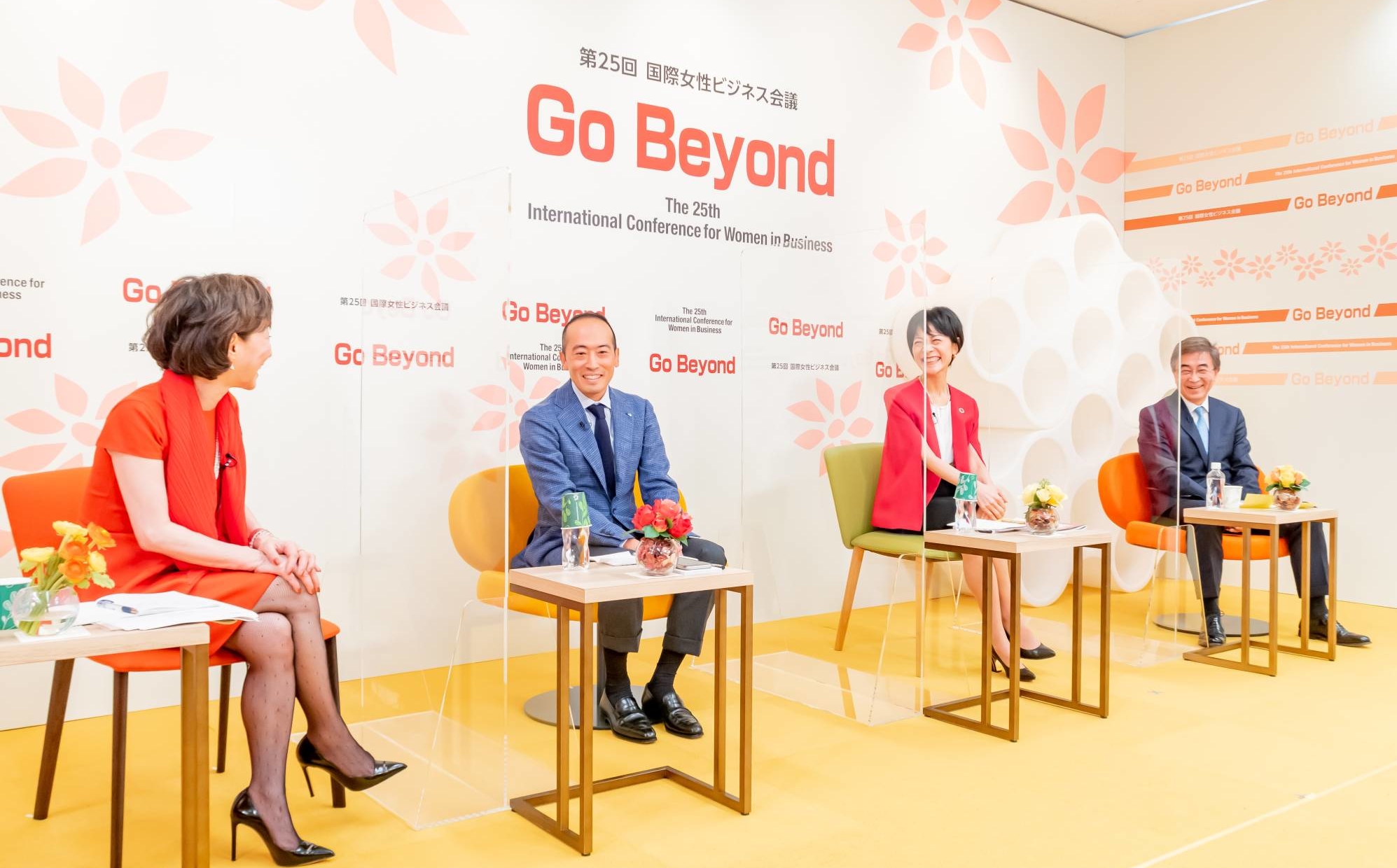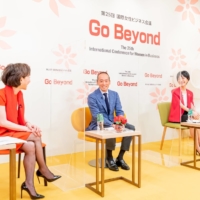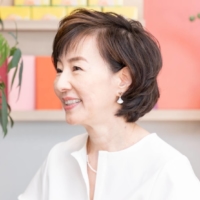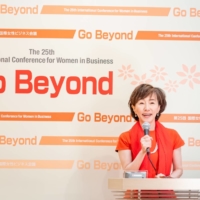This time last year, Kaori Sasaki, founder and CEO of consultancies ewoman Inc. and Unicul International Inc., was gearing up to hold the annual International Conference for Women in Business online for the very first time. Having started in 1996, the Japan-based conference was celebrating its 25th year, but the pandemic meant that Sasaki and her organizational team had to quickly pivot to a brand-new format.
Once the conference began, however, technical concerns about connecting on Zoom with more than 1,100 participants from 23 countries and regions melted away. The online format was so successful that Sasaki decided almost immediately that 2021 would be a virtual conference, too.
Following last year’s “Go Beyond,” Sasaki has selected “Next Chapters” for the theme for 2021, and said it reflects moving to the next stage or opening new doors. “The title has multiple meanings, allowing everyone to put their own interpretation on it.”
Front-row seats for all
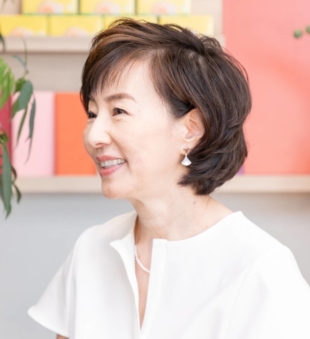
Buoyed by the great success of last year’s event, Sasaki is convinced that this is the way forward. “With a face-to-face conference you are limited by the physical space for the number of participants and the number of booths for sponsors, but there are no such limits when it is online.”
Not only did the online format make the conference accessible to anyone, it also meant Sasaki could invite a far greater number of international presenters. Moreover, online networking and breakout sessions allowed all participants to mix and mingle on equal terms. “Everyone had a front-row seat,” Sasaki said with a smile.
While the focus of the conference is on women in business, Sasaki points out that 12% of last year’s attendees were male, and the diverse viewpoints they brought were welcomed and valued.
Last year’s event was the first time that a bilingual conference lasting more than 10 hours had been attempted on Zoom in Japan, and many people were still unfamiliar with the platform.
Sasaki’s team had to advise participants on how to download the software and log in, but the level of familiarity with online meeting technology will be much higher this year.
Sasaki is particularly excited about the new opportunities that have opened up for students. A sponsor-matching program that allows one participant to pay the way for another has been in existence since 2011. “At first it was aimed at those who had suffered in the 2011 Tohoku disaster, and then we expanded it to university and high school students,” Sasaki explained.
“Not only do students get to attend the conference, but they can get in touch with their sponsors ahead of time and start building those connections online,” Sasaki said.
Chances for change
In terms of the pandemic’s effect on women in the workforce, Sasaki notes that there have been both challenges and benefits. “Based on data, we already know that women have struggled economically during the pandemic. Incidences of domestic violence have risen, too. Here in Japan, for example, homes are small and families have been thrown together during the stay-home or work-from-home periods,” she pointed out. “On the other hand, however, many people have been able to manage their time better, without the need to commute to the office or spend time getting dressed up for work.”
She sees the pandemic as a chance for change, and urges businesspeople to keep looking for new touch points for connection. “I think a lot of people have viewed the situation as a negative one, but there are things we can learn and turn into positives,” she said. “Looking ahead, we need to ask ourselves how we can embrace diverse working styles and values, and how we want to connect with our colleagues. We’ll be discussing this and more at the conference.”
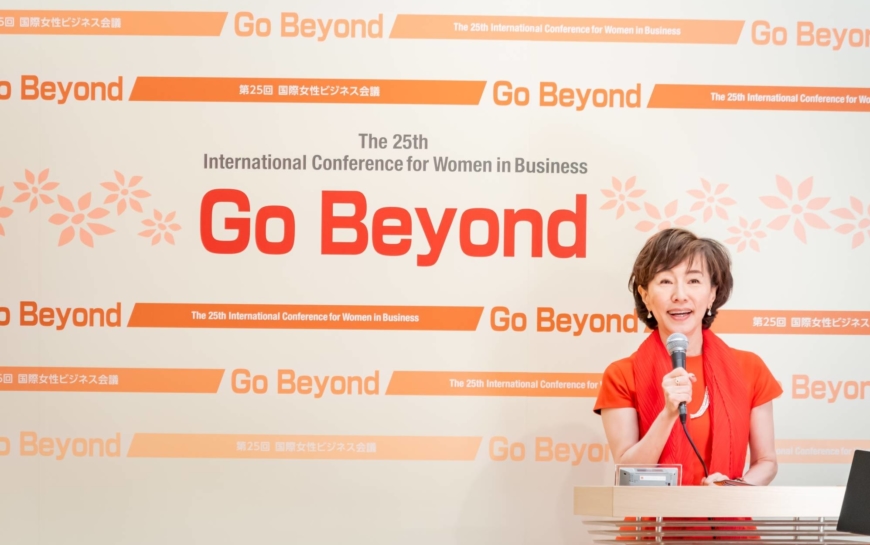
Sasaki is looking forward to introducing an innovative program for the 2021 event. This year’s featured speakers include Keiko Honda, a former CEO of the Multilateral Investment Guarantee Agency of the World Bank Group, Kathy Matsui, a general partner at MPower Partners, whose womenomics research spurred the Japanese government to promote gender diversity, former State Minister for Gender Equality Seiko Noda, former Olympian Mikako Kotani and NEC CEO Takayuki Morita, to name a few.
“Last year I think a lot of the participants were anxious and not quite sure what to expect, but by the end they were expressing their delight. I want to build on that momentum,” Sasaki said. “So, prepare some food and drink — whatever you need — and then enjoy the conference. Don’t just watch; join in and make the most of the chance to network and build connections.”
Sasaki said last year’s event was great and that her team is working on several ideas to make this year’s version even better.
For more information on ICWB 2021, visit: www.women.co.jp/conf/index-e.html
To learn about being a corporate partner, contact [email protected]



